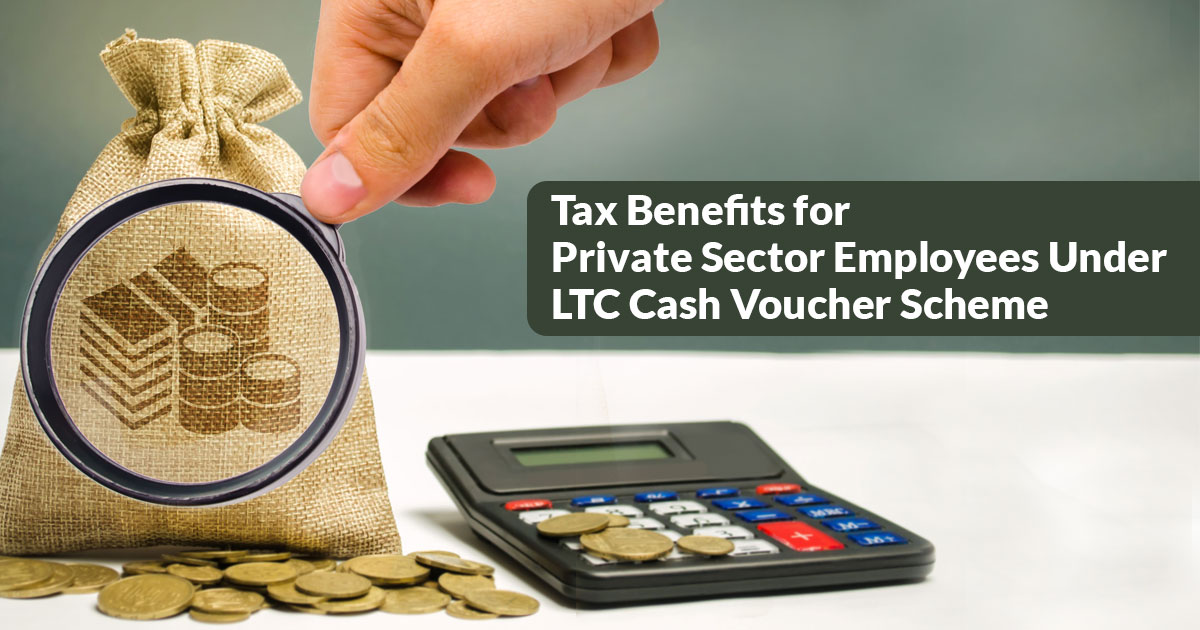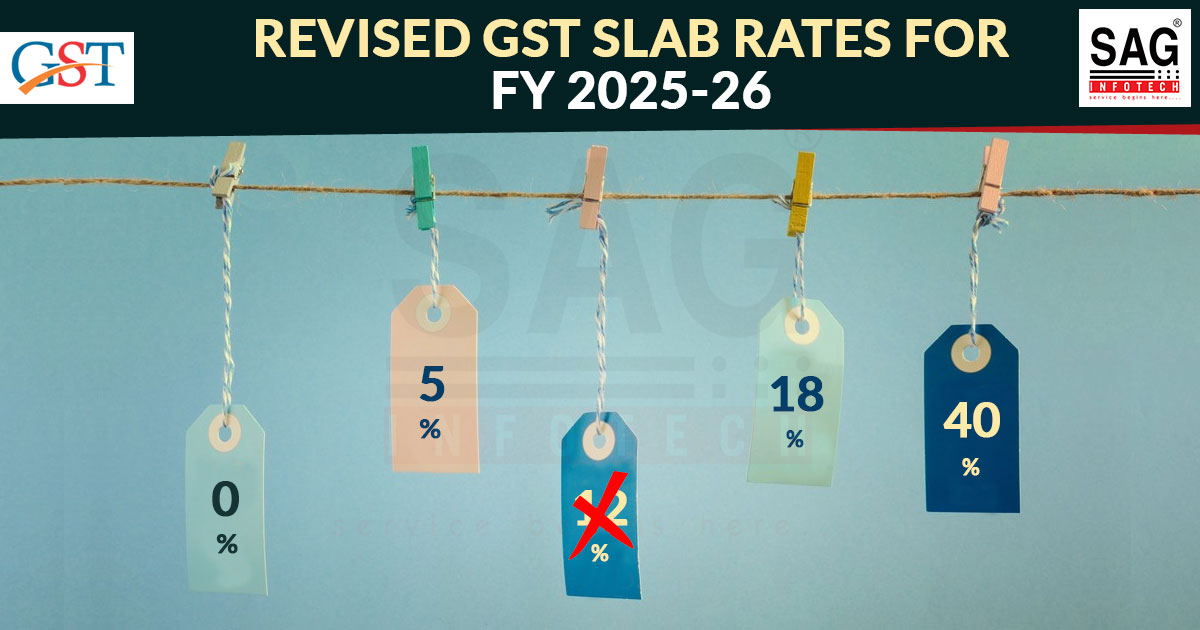Due to the Covid-19 Pandemic, back-to-back lock-down were imposed this year and it disrupted people’s travel plans. It means that many people are not able to use their available Leave Travel Allowance (LTA) from their pay structures.

In view of the difficult economic environment, and to encourage individuals to use their unclaimed LTA amounts and to boost consumer demand, the government came up with relaxed guidelines.
These relaxed guidelines allowed the payment of cash allowance, it will be equal to LTC given to central government employees in exchange for LTA after launching the LTC Cash Voucher Scheme 
On October 29, 2020, the scheme was further extended and also included non-central government employees in it, followed by several sets of frequently asked questions offering a similar income tax exemption, which also brought relief to private-sector employees.
Process for Private Sector Employees to Avail the LTC Cash Voucher Scheme
In order to receive benefits under the scheme, an employee has to fulfill the following conditions:
- The scheme requires employees to spend three times the prescribed amount of LTC on the purchase of goods/services with a GST rate of 12 percent

- Employee have to spend the amount between October 12, 2020, to March 31, 2021.
- Payment of the same needs to be made by a digital mode which also includes cheque, UPI, debit/credit card, etc.
- Employees also require to submit a copy of invoices, having GST number of the vendor and total GST amount, to the employer. Employees also can present a self-attested copy of the invoice when they wish to keep the original copies of the invoice for any future reference.
- If the LTC scheme conditions are fulfilled by the employee, LTC’s deemed tax paid to employees will be exempted from taxation and also remove the condition of travel.
- The FAQs also clarifies that employees can also submit the invoices in the name of family members too.
To understand it in a better way, let’s take an example of a family consisting of 4 members then the values of LTC would be as follows:
- Let A represent the number of members in the family= 4
- The maximum exemption that can be availed (B=36000xA)= INR 144000
- Expenditure incurred by the family (C) = INR 432000
- Expenditure to be incurred to avail maximum exemption (D=B3)= INR 432000 The eligible non-taxable allowance that is receivable by the employee (E=C/DB)= INR 144000
Now, If the amount spent remains short than three times the eligible amount, this rebate will be given proportionately. The LTC scheme was initially launched for providing benefits to the central government employees but it was later extended to cover private-sector employees too.
However, we would like to mention here that private-sector employers are providing LTA policy for travel expenses as part of their compensation structure thus it is still unclear how they might affirm the new LTC scheme in their current pay structure.
Additionally, the set of FAQs doesn’t have any FAQ addressing the implementation aspects like Once this scheme is introduced, will the balance not supported by the invoices will be paid to the employee as a taxable component, which is the reverse with the Central Government employee, where the same is paid only When the employee actually spends according to the LTC scheme.
A circular on December 3, 2020, has been released by the CBDT related to TDS compliance, and it states that the employer will allow income tax exemption on such expenses only on meeting the conditions stipulated in the LTC scheme. However, the circular to not specifically addressed the implementation aspects which are discussed just above.
It is now a month when the LTC scheme has been extended to the private sector but still there are various things that need clarity. Private sector employees are for now confused about this approach, as most of the companies are still searching for a way to move forward. They are also waiting for any amendment by the central government.
Meanwhile, there are only four months to go by the end of this financial year so the government needs to speed up the process and make some good decisions, and employees are also hoping for the same. However, the LTC scheme is a good move as it meets the dual objectives of improving the existing LTA exemption and incentivizing consumption.